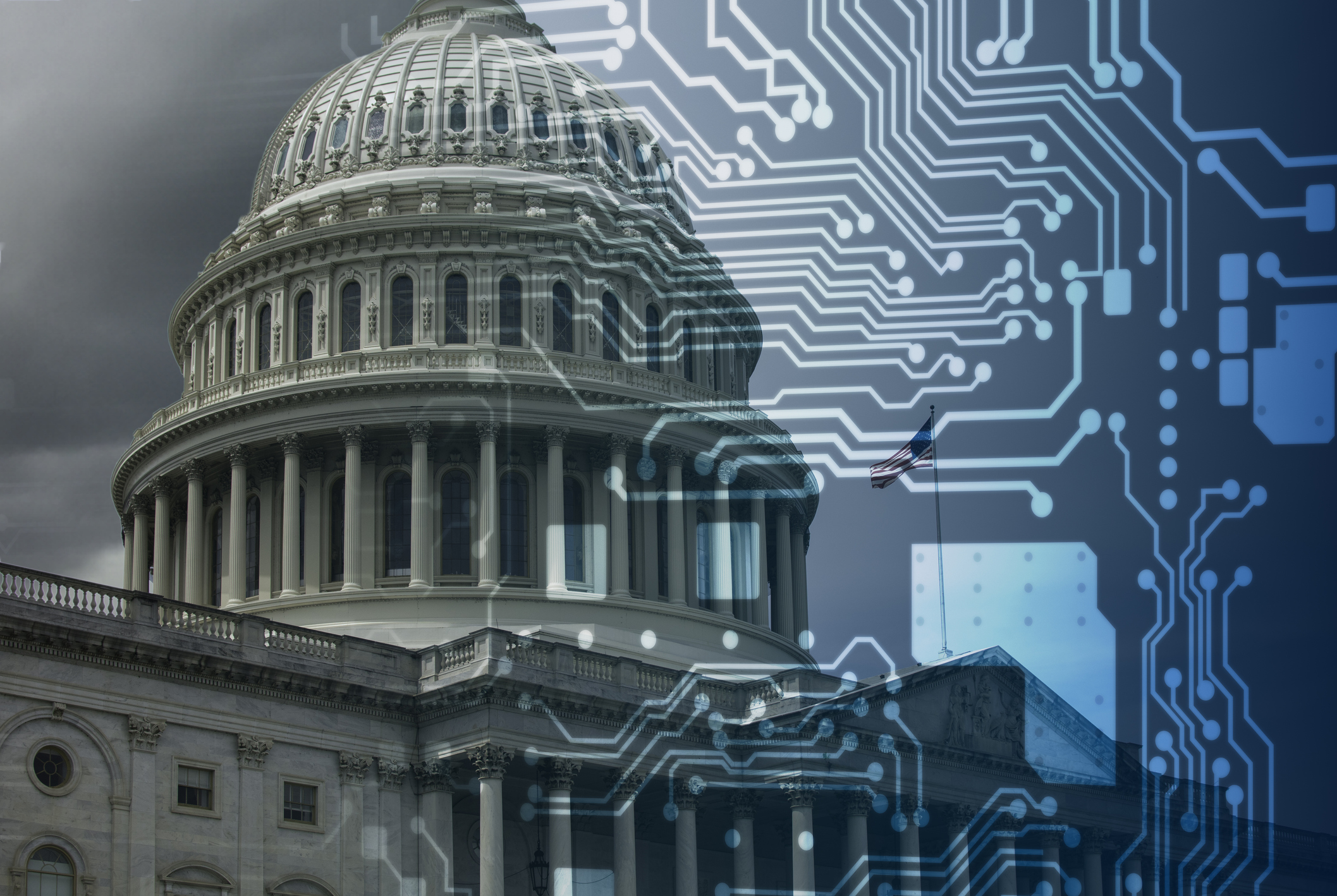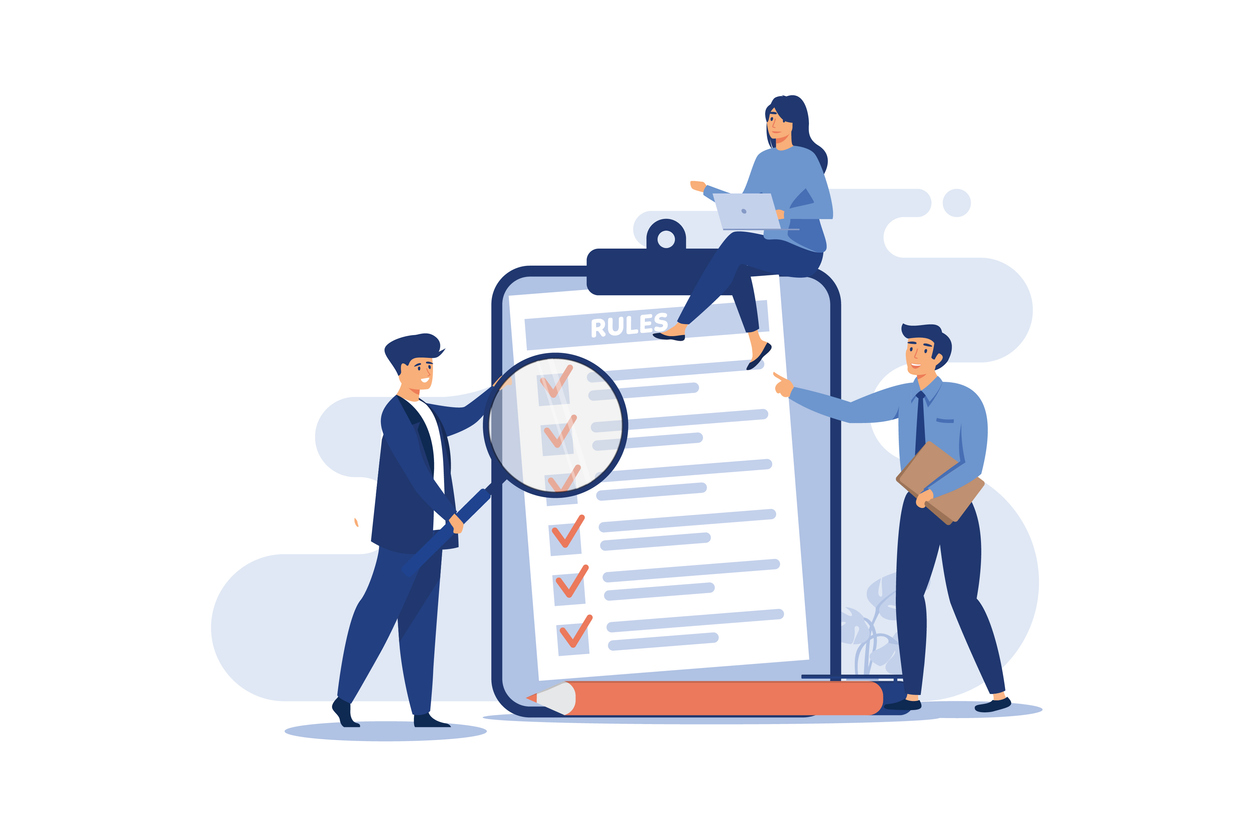“Light touch” or “hands off” wouldn’t be common descriptors for this legislative session, but they do apply to AI regulation. Amid more than 2,000 introduced bills, only three notable AI-related proposals saw any movement, and none made it out of their chamber of origin (the House of Representatives in all three cases).
HB 1622 would have required public employers to collectively bargain with unions over any AI use that might affect job workflow, pay, working hours, or performance evaluations. This could have undermined potential efficiency gains by increasing the cost of adopting AI tools. As technology advances and allows people to do more with less, public offices should be able to realize those benefits while remaining mindful of possible disruptions to employees. The bill’s sponsor, Rep. Lisa Parshley (D-Olympia), has said she plans to refine and reintroduce the bill in the next session.
HB 1168 sought to require developers of generative AI tools to publish documentation on training data and inputs to improve transparency. Supporters framed the bill as a consumer protection measure, especially for copyright and trademark holders. Critics argued the language was too vague and could hurt Washington companies that rely on proprietary AI systems. While transparency is a worthwhile goal, the bill’s broad scope risked overregulation. Issues like these are better addressed at the federal level, where a unified approach can prevent conflicting state laws on technologies that cross borders.
HB 1170 would have required developers of generative AI tools with over one million monthly users to provide a free, industry-standard tool to detect content generated by their systems. This mandate would have placed a costly burden on smaller developers or businesses using AI through APIs. Even without legislation, the market already offers many AI detection tools, including QuillBot, ZeroGPT, Scribbr, Originality.ai, Winston AI, and Turnitin. These tools are likely to remain available without additional regulation that could hamper innovation in Washington.
One overlooked proposal was a fix to HB 1999, recommended by the state’s AI Regulatory Taskforce. In its January report, the taskforce highlighted transparency and internal bias as areas of focus but made only one formal recommendation: to update HB 1999. That law, passed last year, targets AI-generated explicit images of minors but applies only when the minor is “identifiable.” The taskforce recommended removing the “identifiable” qualifier to close a potential loophole. This is a reasonable, restrained fix that should be adopted without much resistance.
All three AI bills are likely to reappear in future sessions, especially as interest in AI regulation grows nationwide. More than 1,000 AI-related bills were introduced across the U.S. this year. Lawmakers seem eager to impose new limits on this emerging technology. Hopefully, they proceed carefully, allowing space for entrepreneurs to develop tools that benefit everyone. Washington has a proud history of innovation that we should continue to support.




